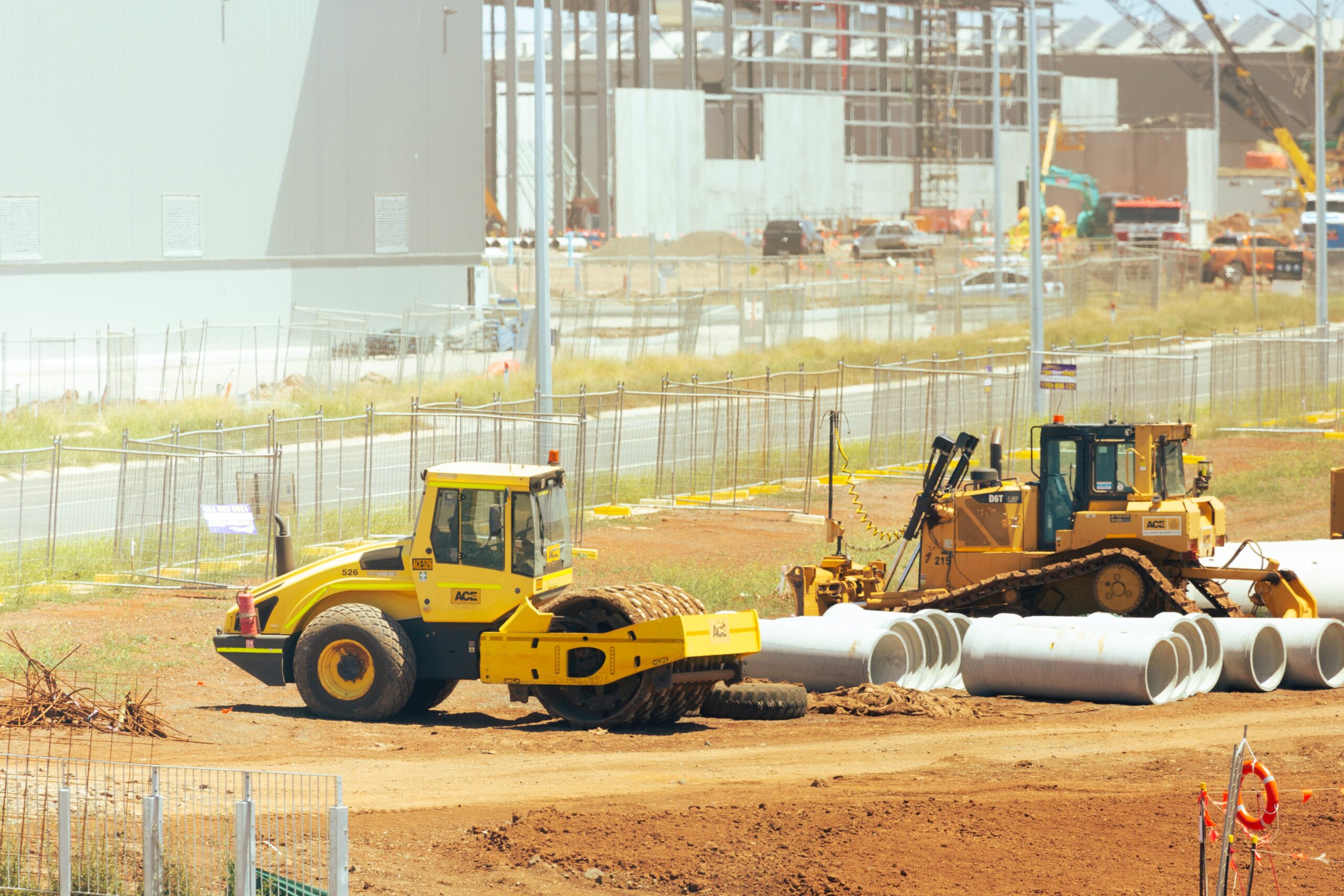The role of taxes in ensuring the sustainability of a country’s goals is essential. However, according to Minister of National Development Planning/Head of Bappenas Suharso Monoarfa, Indonesia’s tax ratio is reportedly one of the lowest in the Southeast Asia region or ASEAN, lagging behind Thailand and Malaysia.
As of 2022, Indonesia’s tax ratio stood at 10.4 percent, up from 9.12 percent in 2021 and 8.33 percent in 2020, according to Monoarfa’s statement last week.
Despite the increase, Indonesia’s ratio remains far from ideal for a country, as the ratio should be able to reach 15 percent. “Indonesia’s taxation ratio is among the lowest in the region.
The average tax ratio worldwide is 13.5 percent,” said Monoarfa during a meeting to evaluate the National Medium-Term Development Plan (RPJMN) 2020-2024 with the House of Representatives’ Commission XI last week.
Based on Bappenas data, Indonesia’s tax ratio was at 8.3 percent in 2020. This position is far behind Thailand, which recorded a ratio of 14.5 percent, followed by Singapore at 12.9 percent and Malaysia at 10.9 percent.
Tax expert from DDTC Darussalam stated that last year’s tax revenue realization of IDR 1,716.8 trillion only reflects 60 percent of Indonesia’s total tax potential.
Based on the Asian Development Bank (ADB) study, he said this condition reflects the country’s efforts in exploring the potential tax or tax effort by only 0.6 percent.
This situation makes Indonesia’s tax ratio still far from ideal, even though the tax ratio reached double-digit levels of 10.4 percent last year.
According to Darussalam, the ideal tax ratio for a country ranges from 17 to 18 percent. This means that if a country’s tax ratio does not reach this number, the country is considered unable to carry out development according to the programs that have been planned.
Darussalam suggests that there are three potential sectors to boost Indonesia’s tax revenue in the future. These sectors are construction, mining, and agriculture.
He believes that these three sectors have a significant contribution to the Gross Domestic Product (GDP) but are minimal for the country’s tax revenue.
Darussalam assesses that the posture of the State Revenue and Expenditure Budget (APBN) in 2023-2024 is expected to meet expectations. The government needs to look at sectors that have a high contribution to the GDP but are minimal for tax revenue to achieve this.
In summary, taxes play a vital role in a country’s development and achieving its goals. Indonesia’s tax ratio still needs improvement to reach the ideal level, as it lags behind other countries in the region. Various efforts are needed to explore the potential tax sectors in the future to boost the country’s tax revenue.























